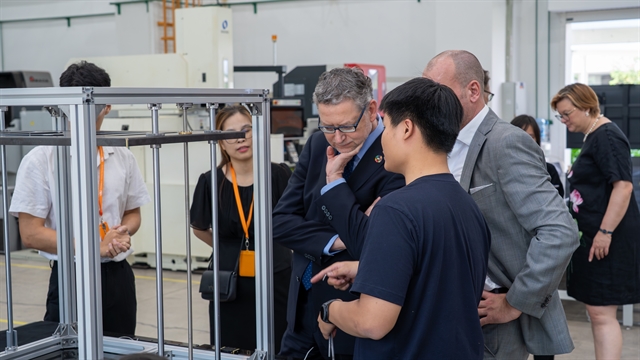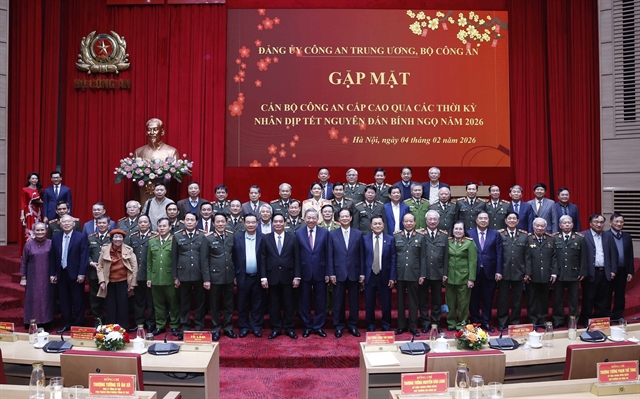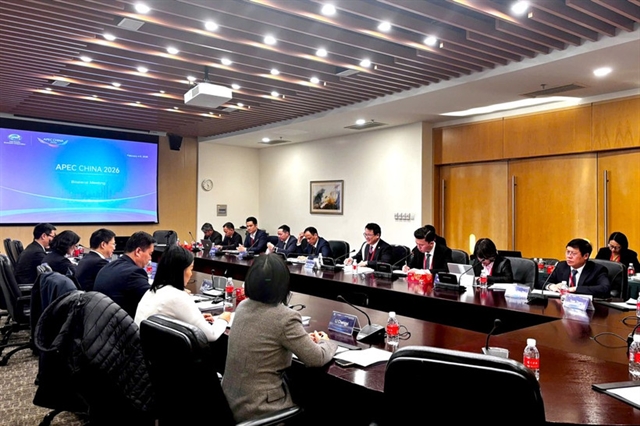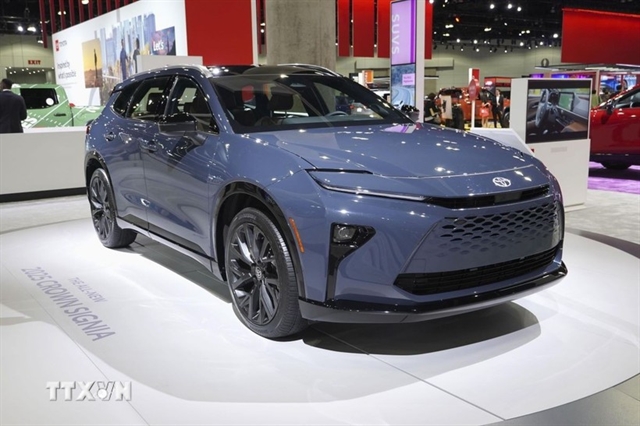 bizhub
bizhub
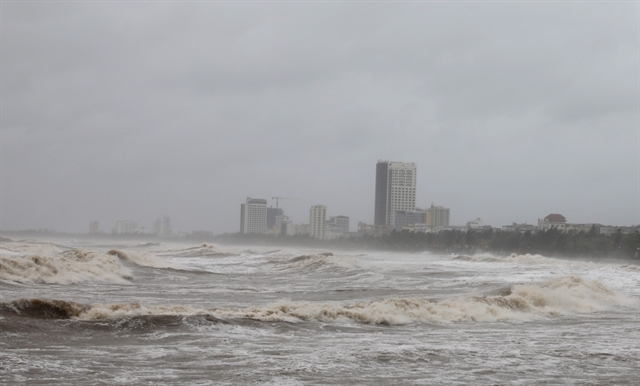
Deputy Prime Minister Trịnh Đình Dũng has asked the Ministry of Industry and Trade (MoIT) and relevant agencies to study the possibility of applying safeguards to protect the domestic automobile manufacturing industry from looming zero-tariff car imports.
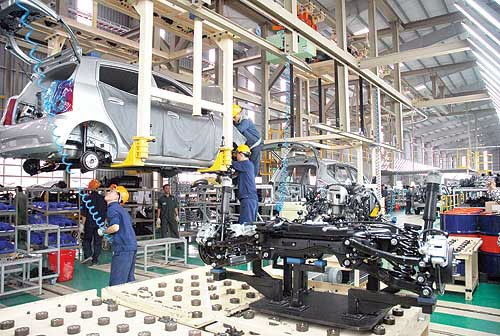 |
| Deputy Prime Minister Trịnh Đình Dũng has asked the Ministry of Industry and Trade (MoIT) and relevant agencies to study the possibility of applying safeguards to protect the domestic automobile manufacturing industry from looming zero-tariff car imports. — Photo dantri.com.vn |
HÀ NỘI — Deputy Prime Minister Trịnh Đình Dũng has asked the Ministry of Industry and Trade (MoIT) and relevant agencies to study the possibility of applying safeguards to protect the domestic automobile manufacturing industry from looming zero-tariff car imports.
The move is also intended to boost the development of support industries for the domestic automobile industry as it copes with a persistent low rate of local content and high production costs.
In a document sent to the MoIT this week, Dũng asked the ministry to propose to Prime Minister Nguyễn Xuân Phúc revisions of policies and mechanism to boost the support industry, especially for the big investors and leading automakers.
Dũng said a multi-sector working team should be set up to undertake a comprehensive evaluation of the domestic automobile market in correlation with regional and global markets.
The evaluation must focus on opportunities and difficulties ahead of 2018, when the import tax on complete built-up units (CBUs) from ASEAN countries will be completely abolished. It should also provide a forecast of supply and demand in the country and the region, and an assessment of the capacity and development potential of local auto production, as well as domestic automakers’ ability to adapt to fierce competition given Việt Nam’s commitment to ASEAN to open its car market.
The document tasks the finance ministry with co-ordinating with relevant agencies to tighten management of tariff value and origin of CBUs, which should meet the ASEAN’s criteria of origin, in order to ensure the right implementation of tax regulations and international commitments.
Dũng wanted the ministry to re-evaluate the special consumption tax level and registration fee on pick-ups, which then would be submitted to the Government and the National Assembly to supplement and revise.
The ministry will have to check and study MFN (Most Favoured Nation) tariffs on components and auto parts for revision, if needed, commensurate with the Government’s orientation on encouraging domestic auto part production.
The MoIT and ministries of Transport and Science and Technology will design technical barriers appropriate to domestic regulations and international commitments to ensure “no bad quality cars are imported to Việt Nam", according to the document. They should also protect the rights and interests of consumers and local automakers, simplify procedures and create favourable conditions for the automakers’ operation.
Vũ Thành Tự Anh, Research Director at the Fulbright Economics Teaching Programme in Việt Nam, told Thời báo Kinh tế Việt Nam ( Việt Nam Economic Times) that in the mid-1990s, automobile producers like Toyota and Nissan promised to achieve a localisation rate of 40 per cent within 10 years.
“But so far, their localisation rate is about 10 per cent. This means the producers got incentives but what they have done for Việt Nam is not as much as the Government expected,” said Anh.
Meanwhile, the import of cars is already surging. Vietnam Customs reported that nearly 15,300 CBUs were imported in the first two months of this year, an increase of over 4,000 units compared with the same period last year, of which 60 per cent were cars with nine seats or less.
The total value was estimated at US$309 million, with an average import price of about $20,200 each. — VNS


